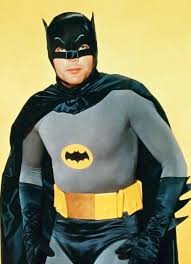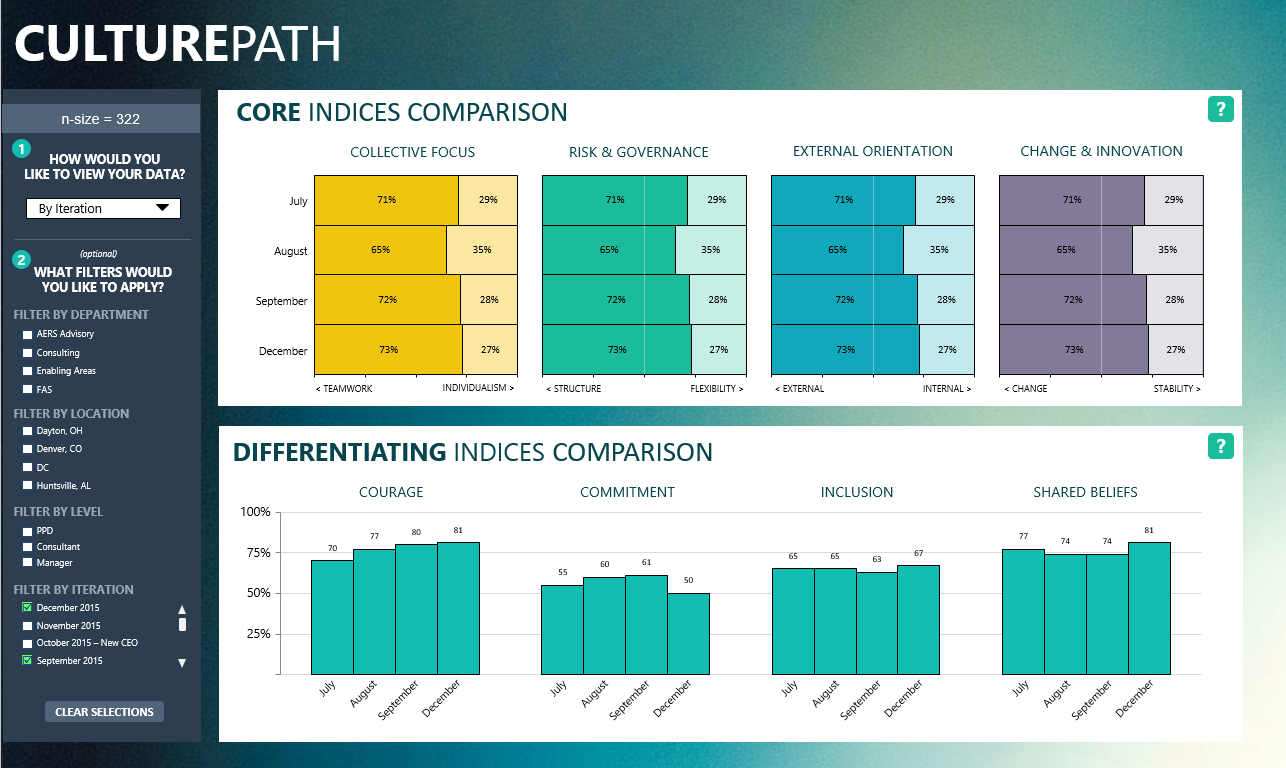My second annual (here is last year's in case you are interested), completely unscientific, biased, personal, and guaranteed to be 100% accurate take on what HR, work, and workplace technology topics we will be spending endless cycles dissecting and analyzing in 2015, followed by a short list of topics that we have, have, have to stop it already with lamenting.
These 'hot' topics were complied from a scientific review of all the stuff I saved, tweeted, bookmarked, or emailed to myself over the holiday break, because since I read everything, that is the only research that is really needed. Also, and as an aside, I still email myself stuff all the time and every time I do that I feel like a noob. Oh well, here goes...
What HR should be talking about most in 2016:
Intelligent Technology - Last year I had 'Predictive Analytics' as one of my three things HR should be talking about in 2015. And talk about it many folks did, even if not very many organizations have as yet had either the technology in place or the organizational readiness for adapting this kind of advanced analysis into their day-to-day HR functions. But even if many or even most organizations are not yet there with predictive analytics, more and more of the major and leading HR technology solution providers are baking in predicitive capability into thier platforms and providing at least basic 'predictions' on things like retention and peformance to HR and business leaders already. And I think this trend and set of tools will continue to expand in capabiliy and usage in 2016. But this year, I hope that HR and HR tech expands not just the capability but the conversation in this area just a bit further, into something more akin to a kind of 'intelligent' set of tools and workflows that will help HR, managers, and employees complete processes, tasks, and hopefully allow them to make better decisions. This technology would not just predict the likelihood of a potential outcome, but would 'learn' from usage patterns, history, preferences, and more about what you (the employee) should do next, given a set of data and process conditions. That could mean surfacing the 'right' learning content when you get assigned to a new project, suggesting you make an internal connection with a specific colleague when you run a search in the corporate knowlege base for a specific topic, or if you are a manger, provide you intelligent recommendations about how to handle coaching conversations with your team members, adapted to their individual profiles and preferences. I think there is plenty more we can and should be doing with all the data that our systems are capturing. In 2016 HR and HR tech should be talking about this much, much more.
Benefits - I may be way off, but I think boring old benefits are going to be a big deal in 2016. And while the compliance-related ACA driven stuff will always be an important issue for HR, I am not even talking about that side of benefits. No, I am referring to that collection of non-cash rewards that in a tightening labor market can play a huge role in retention, engagement, and productivity - all things that remain important in just about any year. Expand the definition of 'benefits' a little to include all the various initiatives that organizations have or may undertake in order to improve work/life balance for their employees, (flexible work, modified schedules, enhancements to parental leave, etc), and suddenly benefits and related becomes a much more strategic and powerful set of tools in the HR leader's workshop. Last item on this: In 2016 I think 'Financial wellness' will be a subject of more conversations than in the last 10 years combined.
Employee Experience - This an offshoot of the prior point about Benefits and kind of expands that line of thinking into things like the design, layout, and function of workspaces, as well as the technologies and methods that are employed to facilitate individuals and teams getting their work done while feeling good about that work they are doing. With workers demanding more flexible schedules and locations, and many organizations desire to reduce real estate footprints and costs, figuring out the best ways to juggle people, places, technologies, and the workload will be a primary challenge and opportunity for HR leaders in 2016. Employee experience is a big topic, and most organizations don't really think about it in those terms. Rather, they manage the heck out of individual components of the experience, (recruiting, onboarding, technology, facilities, org design, training, performance management, comp, etc.), and hope that somehow the overall package adds up to a winning combination. Sometimes that works. Sometimes not. Most organizations have a pretty senior executive who 'owns' the overall customer experience and/or success, why not have a similar exec in the HR office that would own the employee experience/success?
And Here is what HR needs to stop talking about in 2016:
Millennials - If you are a semi-frequent reader of the blog, you may remember this post from a couple of weeks ago - CHART OF THE DAY: We can FINALLY stop talking about Millennials. In the piece, I shared some data that showed that in the USA that Gen Z (the one that comes after the Millennials), have just about caught up to the Millennials in terms of numbers. Additionally, the youngest members of Gen Z are now starting to enter the workforce. Add this all up and it can only mean one thing - if you are STILL talking about Millennials in 2016 you are going to sound like you've been beamed back to 2008. The only interesting generations are these: The one just emerging on to the scene as contributing members of society (Gen Z), and the one that is predominantly in charge of things, (Government, business, institutions). I would argue that is Gen X at this point. Bottom line: no more about Millennials in 2016 please.
The 'Gig' Economy - Here's the thing about the rise in importance of the so-called 'Gig Economy', it is quite possible that its growth as a percentage of the labor force has been generally exaggerated possibly due to the oversized coverage that the largest Gig company, Uber, has received over the years. According to this Wall St. Journal piece from last July:
Far from turning into a nation of gig workers, Americans are becoming slightly less likely to be self-employed, and less prone to hold multiple jobs. Official government data shows around 95% of those who report having jobs are accounted for on the formal payroll of U.S. employers, little changed from a decade ago.
If Uber and its ilk were fundamentally undermining the relationship workers have with employers, that shift would be showing up in at least some of the key economic indicators. Hundreds of thousands of Americans, or even a few million, may have dabbled in the gig economy, but in the context of the 157 million-strong U.S. labor force, the trend remains marginal.
It is possible that since there are likely more 'Gig' workers in coastal 'elite' cities like New York and San Francisco, and folks in these cities dominate the conversations in the media, that it just feels like the Gig economy is fast becoming the dominant form of work. But the data just doesn't reflect that, at least not yet. And it likely will not in 2016 or in 2018 or maybe even in 2020. So for now, it makes sense to think about your labor force composition, sure, (just like it always has), but massive, fundamental changes in that mix of labor is not typically top of mind for most organizations.
Employee Engagement - A holdover from my list of things HR should stop talking about from last year, I fear the conversations about employee engagement hardly ebbed in 2015. Why do I keep thinking we need to drop the employee engagement conversation? Well, for the same reasons as I wrote back in late 2014, namely that Only 30% of employees are 'engaged'. That has become an immutable truth of work and workplaces. It is right alongside 'Average annual salary increases will be 3% this year' as the most expected headline of the year in HR. And so maybe it is time to just accept it. Lots of people are not 'engaged' and probably will never be no matter what. Quit worrying about it. Worry about if they show up, they get their jobs done, they don't leak the company intranet to the North Koreans, and they don't microwave leftover fish in the lunch room. We (collectively) have spent ages of time, effort, and energy trying to 'fix' engagement and we have (so far) failed. Maybe it's time to take a year off.
Ok, I am out. What say you? Am I close on this? Or off the mark?
Have a great week and a fantastic 2016!


 Steve
Steve

